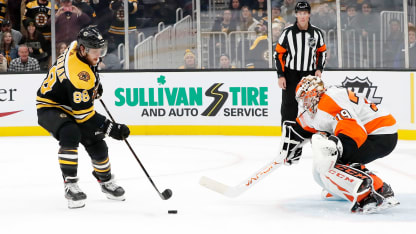NHL health, safety protocols approved by CDC
Phase 4 will include daily COVID-19 testing, one positive result 'shouldn't shut down the tournament'

Gary Bettman discusses return to play and new CBA
Phase 4 will include daily COVID-19 testing, one positive result 'shouldn't shut down the tournament'

Gary Bettman discusses return to play and new CBA